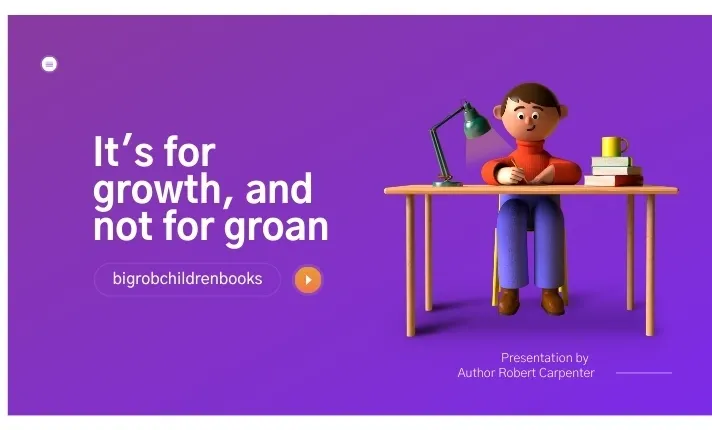Blog Details
IT IS FOR GROWTH, AND NOT FOR GROAN

According to some in-depth studies, African-American parents seem more than significantly more likely than white and Latino parents to discipline their children on a constant schedule, and they scold their kids significantly less frequently. While beating children is common in African-American communities, violence is not an inherent common heritage, contrary to popular opinion. African-American parents have real concerns about their kid’s welfare, and a high proportion believes that corporal punishment is required to keep African-American children off the outskirts, out of detention, and out of the sight of law enforcement personnel. Furthermore, far too many parents contend that “whupping” youngsters is a uniquely black practice. This assertion, although sincere, is incorrect.
A close relative is more probable than the law enforcers or a community guardian to attack, gravely harm, or assassinate an African-American youngster. African-American kids are tortured and murdered at considerably times the rate of white and Latino youngsters, according to the genuine annual statistics. Even without scars or other major physical damages, there is substantial experimental research that suggests punishment causes long-term harm.
Parents who beat their kids risk not only gaining the interest of child welfare services, which are predominantly found in African-American communities but also having their kids placed for adoption, which is a pathway to the juvenile justice system and other negative outcomes that predominantly affect African-American youth. In fact, African-American children spend more time in residential care and are less qualified to obtain treatment adherence assistance.
The purpose for African-American parents to safeguard, provide for and support their kids should not unwittingly promote our kid’s passage through discriminatory processes, but rather encourage their healthy growth and future achievement. Specialists in socialization and parental methods agree that there is no evidence that spanking kids, irrespective of ethnicity or ethnicity, is advantageous to them or the community. While many African-American parents use violence to keep their kids from “coming out terrible,” it is apparent that it isn’t effective because African-American children have disproportionately poor scholastic performance, youth convictions, and child welfare stays. This sort of domestic abuse may be influencing the unfavorable effects that parents and caregivers hoped to prevent.
Therapists could play a key role in informing black communities about the link involving physical discipline and ethnic inequities associated with it. However, first and foremost, the field would gain from a deeper grasp of the ancient origins of physical discipline in African-American communities.